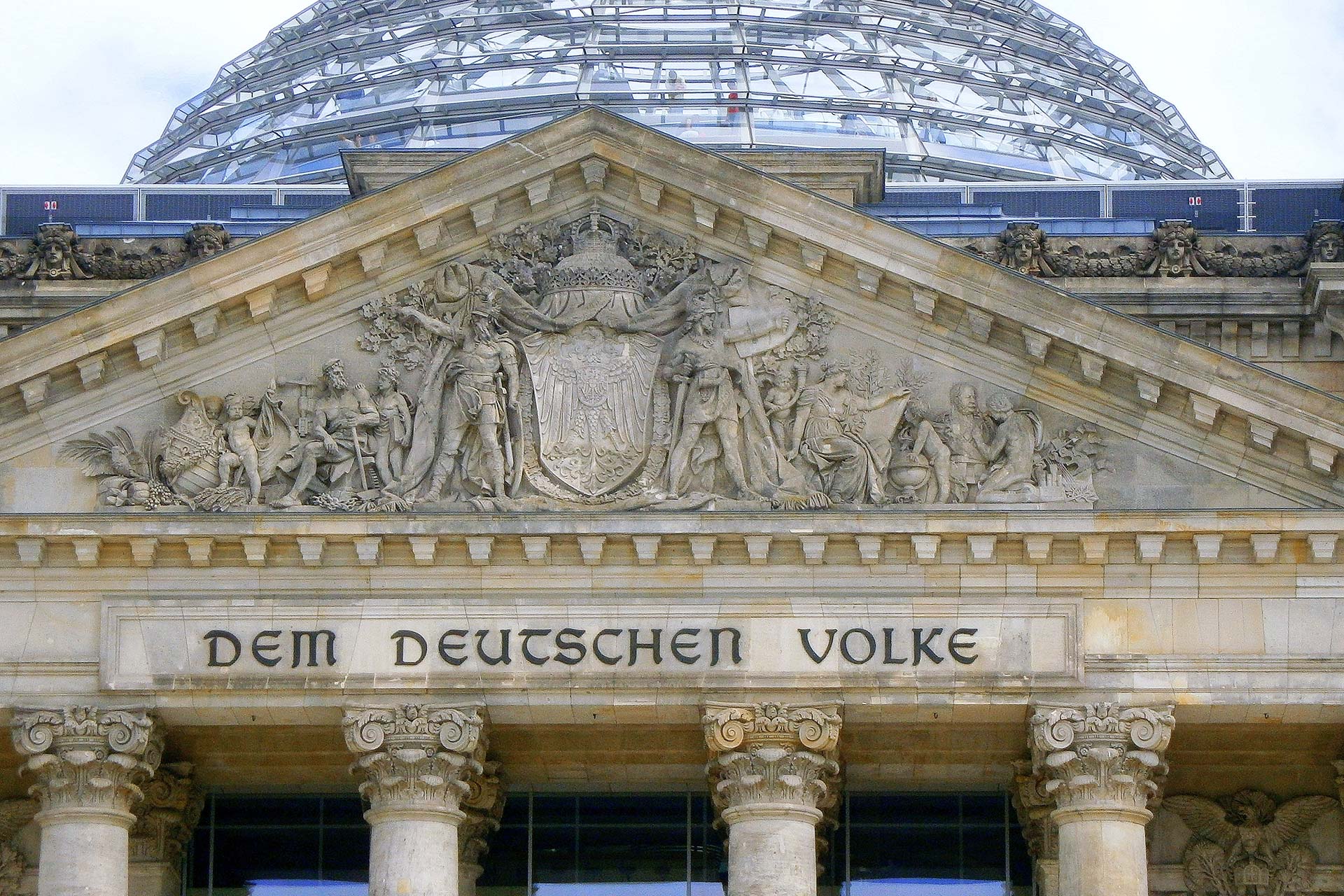Social justice
Germany is characterized by a high degree of social justice. However, the public debate often paints a negative picture, which promotes discrepancies in public perception. A forward-looking policy must be based on facts and tackle the causes of discrepancies in perception.
©AdobeStock Pixel-Shot
For many years, a large majority of Germans have had the impression of an increasing polarization between rich and poor, although this is not confirmed by the data. Particularly paradoxical is the fact that German citizens have never been so satisfied with their own lives or their income since German reunification. It is therefore all the more important to reduce existing discrepancies in perceptions of social developments and to investigate their causes.
Don't talk down positive developments
Income inequality has remained stable since 2005 and wages and salaries have increased in all income deciles. In an international comparison, Germany therefore has the most even income distribution of all G7 countries. Although the impact of the coronavirus pandemic on income distribution cannot yet be assessed with sufficient certainty, many studies show the stabilizing effect of the pandemic measures on income inequality.
Although Germany has a comparatively high level of wealth inequality, net wealth inequality, i.e. assets less liabilities, has decreased since the financial crisis. The interaction between net wealth inequality and the scope of welfare state security systems must also be taken into account: If entitlements from the three pillars of old-age provision are included, the distribution of net wealth is considerably more equal. The distribution of net wealth in Germany is also similar to that in Sweden and Denmark.
Germany has no deficit in social justice
Government redistribution compensates for the gap between market income and net income. Income tax plays an important role in this because it places a greater burden on the strongest shoulders - higher income earners. The top 10 percent of income earners paid more than half (55.4 percent) of total income tax revenue in 2021. In contrast, the bottom 50 percent pay around 6 percent of total income tax revenue.
Even more redistribution or a comprehensive expansion of the welfare state would be a mistake. The comprehensive labor market reforms have reversed the trend in the number of unemployed. The reforms created incentives to qualify for the labor market and thus ensured a greater willingness to take on personal responsibility and take up work. It is therefore important to create the right framework conditions for growth, further training and employment. Increasing the burden on wages and salaries, on the other hand, would be counterproductive.
Redistribution requires an economic basis
Before the state can redistribute at all, it needs competitive companies that build the basis of our country's prosperity through their performance and employment opportunities. It is therefore both sensible and socially responsible to constantly improve economic sustainability. In addition, the foundations of life must be preserved for future generations, for example by consolidating public budgets, adhering to the debt brake and through efficient and affordable social systems. Otherwise, future taxpayers will have to pay ever higher taxes and contributions and would consequently have an ever smaller share of their own earned income.
Social justice - a global issue
At the 109th International Labor Conference, employers, trade unions and governments negotiated conclusions for the work of the International Labour Organization (ILO) on "Inequality in the World of Work". The three parties noted that work is a global key to reducing inequalities. Consequently, it is important to create employment opportunities. With this in mind, it was important to recognize flexible forms of employment as a stepping stone into the labour market. The plan to further formalize the economy is also to be welcomed, as this is a necessary step to specifically reduce global poverty and inequality.
However, investment is essential, e.g. in companies, education, research and development. Access to education, vocational training and lifelong learning is a prerequisite for ensuring equal opportunities in the labor market and facilitating successful transitions in the labor market.
![]()







